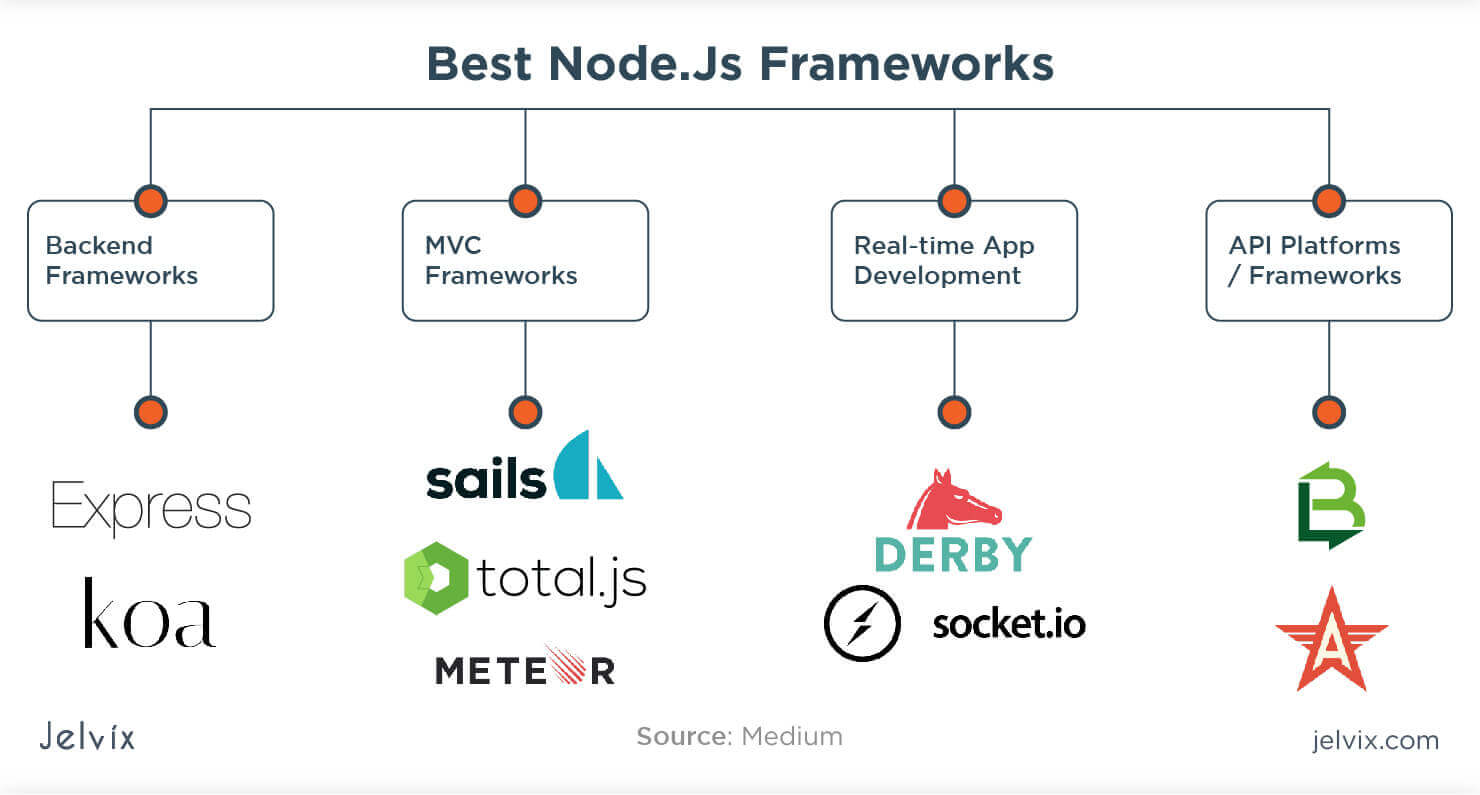Tube Rank: Your Guide to Video Success
Discover tips and insights for optimizing your video presence.
JavaScript Frameworks: The Good, The Bad, and The Frameworks
Uncover the truth about JavaScript frameworks! Explore their pros, cons, and hidden gems to make the best choice for your next project.
Choosing the Right JavaScript Framework: Key Considerations
When it comes to choosing the right JavaScript framework, developers must consider several key factors to ensure their project’s success. The first factor is performance; some frameworks are better suited for large applications with high traffic, while others are optimized for smaller, more dynamic solutions. Additionally, it's essential to evaluate the learning curve associated with each framework. A more complex framework might offer advanced features, but if your team lacks the expertise, it can lead to increased development time and costs.
Another important consideration is the community and support surrounding each framework. A strong community can be an invaluable resource for troubleshooting and extending functionality. Popular frameworks like React, Angular, and Vue.js boast large ecosystems with a wealth of tutorials, libraries, and forums. Finally, scalability should also be a top priority; consider whether the framework can grow with your project and adapt to future needs without requiring a complete overhaul of your codebase.

The Pros and Cons of Popular JavaScript Frameworks
JavaScript frameworks have revolutionized the way developers build web applications, each offering unique benefits. React, for example, is known for its component-based architecture that promotes reusability and efficient rendering. This framework allows for easy state management, resulting in high-performance applications. Additionally, Angular comes with built-in tools and features that facilitate robust application development, such as dependency injection and powerful templating capabilities. However, the learning curve for these frameworks can be steep, especially for beginners who may struggle to grasp the more advanced concepts.
On the other hand, there are several drawbacks to consider when choosing a JavaScript framework. For instance, the frequent updates and changes in frameworks like Vue.js can lead to inconsistencies and require developers to continually learn new techniques. Moreover, while frameworks can simplify development, they may also result in larger file sizes and slower load times if not managed properly. Ultimately, it's crucial for developers to weigh the pros and cons of each framework to determine which best suits their project needs, considering factors such as community support, scalability, and performance.
How JavaScript Frameworks Impact Performance and Development Speed
JavaScript frameworks have revolutionized the way developers create web applications, significantly impacting both performance and development speed. By providing a structured approach to coding, these frameworks enable developers to write clean, maintainable code while leveraging pre-built components. This means that less time is spent on repetitive tasks, allowing teams to focus on implementing unique features that enhance user experiences. Moreover, many frameworks come equipped with built-in optimization tools that can improve loading times and responsiveness, crucial factors for retaining users in today’s fast-paced digital environment.
Furthermore, the use of JavaScript frameworks can lead to a profound increase in development speed due to their rich ecosystems and community support. For instance, frameworks like React, Angular, and Vue.js offer extensive libraries and plugins that streamline the development process. This allows developers to quickly integrate functionalities such as state management and routing without needing to build these components from scratch. Consequently, the ability to rapidly prototype and deploy applications not only accelerates time-to-market but also enhances overall performance as the frameworks are optimized for web standards and best practices.